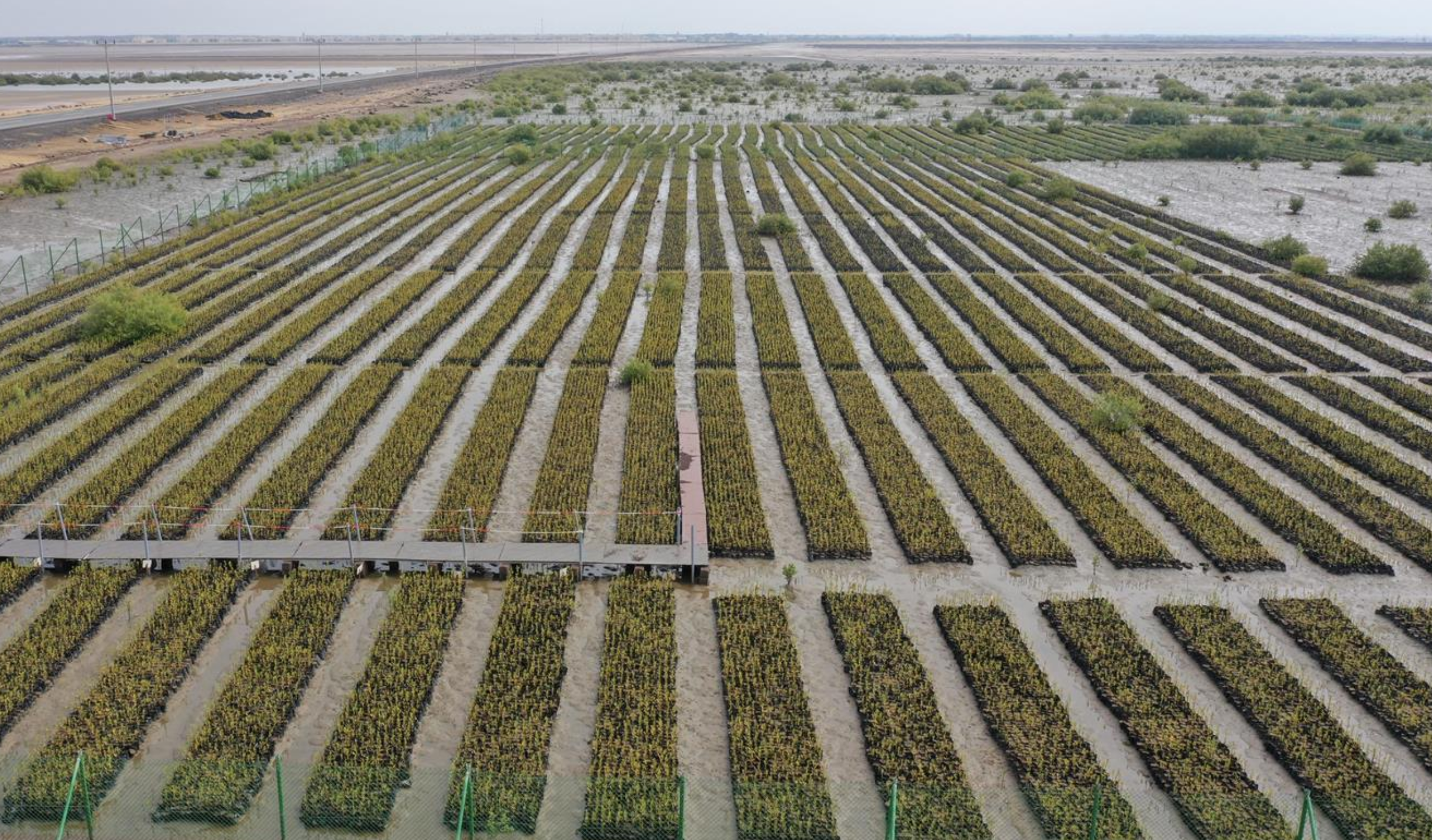
NCVC Announces Success of Three Major Mangrove Cultivation Projects Spanning Over 170 Hectares
The National Center for Vegetation Cover Development and Combating Desertification (NCVC) has announced the successful completion of three major projects for cultivating mangrove trees (Avicennia marina) along the coasts of Tabuk, the Eastern Region, and Jazan. With a success rate exceeding 90%, these efforts come as part of NCVC's broader commitment to protecting coastal ecosystems and enhancing environmental and economic sustainability, in conjunction with the International Day for the Conservation of the Mangrove Ecosystem.
General Director of the General Department of Forests Eng. Samir Malaika confirmed that these projects have contributed to the rehabilitation of more than 170 hectares of degraded coastal forests. The initiatives involved planting local Avicennia marina saplings based on scientific principles that consider tidal movements and water currents.
In Umluj, located in Tabuk Region, the NCVC restored approximately 50 hectares of mangrove forests, leading to positive impacts on biodiversity, improved soil and water quality, and the protection of coastlines from erosion.
The project has also fostered increased biodiversity, the return of various bird and fish species, the enhancement of natural carbon stocks, and has supported the Kingdom's efforts to address the impacts of climate change.
Project sites were selected based on environmental priorities, including ecological sensitivity, need for restoration, and technical feasibility. NCVC's technical teams conducted detailed field surveys, assessing soil properties, salinity levels, and site suitability for mangrove cultivation, in addition to executing experimental trials.
In celebration of the International Day for the Conservation of the Mangrove Ecosystem, Head of Corporate Communications and Official Spokesperson Abdulaziz Abuhaimed launched the occasion's visual identity. The design reflects the environmental and economic significance of mangroves and aligns with Saudi Arabia's Vision 2030 objectives of conserving natural resources and promoting environmental sustainability.








